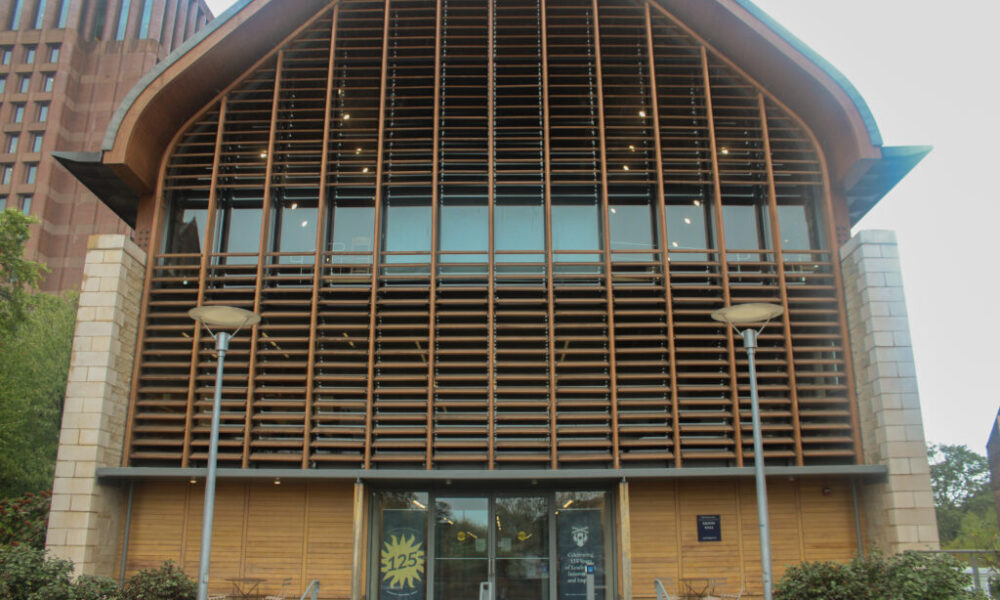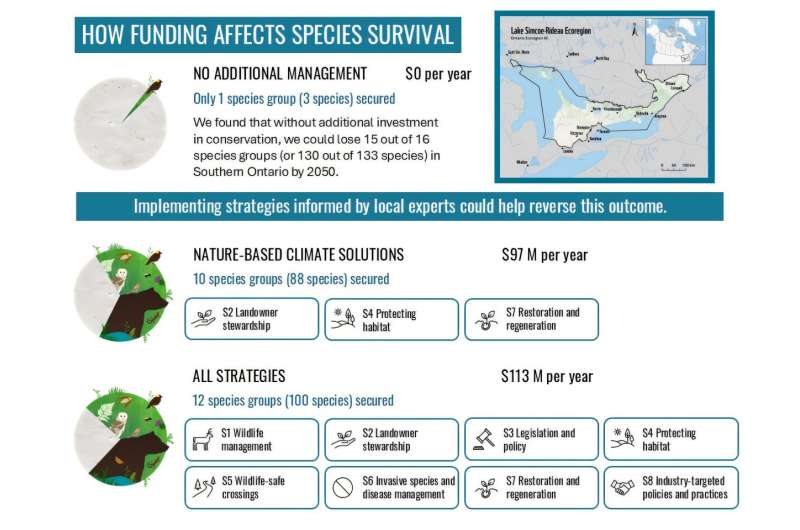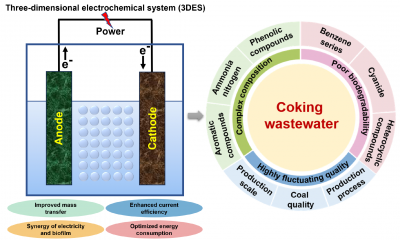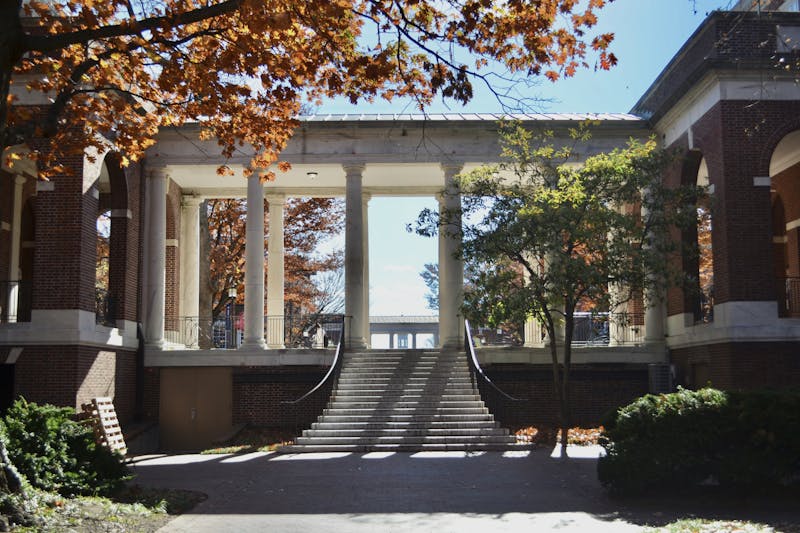Starting in August, the Yale School of the Environment will launch two new graduate programs: the Executive Master of Environmental Management (EMEM) and the Executive Master of Forestry (EMF). Designed for professionals with at least a decade of experience, these programs will offer an intensive, one-year residential education, providing a unique opportunity for mid-career leaders to deepen their expertise in environmental management and forestry.
Dean Indy Burke emphasized the value of these programs, stating that they aim to replicate the immersive experience of Yale’s traditional two-year degree offerings in a format tailored for senior professionals. “The executive master’s degree programs will provide the same high-touch immersive experience but in a highly personalized program that is designed specifically for senior leaders and mid-career professionals,” Burke noted.
Reviving a Legacy
The introduction of these one-year programs marks a return to the School’s roots. According to Mark Ashton, director of Yale Forests and senior associate dean for The Forest School, the EMEM and EMF programs are a revival of the original one-year master’s programs that were previously offered. These programs will require applicants to have extensive professional backgrounds in environmental fields, ensuring a cohort of experienced individuals who can contribute significantly to discussions and learning.
For instance, the EMF program specifically seeks candidates who have worked as foresters or in related fields for a minimum of ten years. This prerequisite underscores the program’s commitment to fostering advanced knowledge and practical skills among its students. “Once you are in a job and in the daily routine of work, it is very difficult to take time out and catch up on the tremendous advances in knowledge on the science and management of the environment,” Ashton explained. “Having a one-year period of immersion can be a very refreshing and restoring experience that can advance someone’s career in new ways.”
Student Experiences and Opportunities
Alumni of similar programs have shared transformative experiences that highlight the potential impact of this new offering. Agustín Carbó, who graduated from a mid-career residential program in 2011-12, reflected on his time at Yale, stating, “This was an amazing experience. Like my advisor, Prof. Brad Gentry, told me, ‘This is like a candy store.’” Carbó has since gone on to work for the Environmental Protection Agency and was appointed the inaugural chairman of the Puerto Rico Energy Bureau in 2022. He credits his education at the School of the Environment for providing a comprehensive understanding of environmental and energy-related issues.
The new executive programs will not only focus on individual professional growth but will also enhance the diversity and intellectual discourse within the School. According to Kenneth Gillingham, the School’s senior associate dean of academic affairs, the inclusion of experienced professionals will enrich the learning environment for all students. “There has long been an interest in bringing in a small number of mid-career environmental leaders to the Yale School of the Environment, as they add greatly to intellectual discourse and provide keen insights to help our existing master’s students learn about career opportunities,” Gillingham stated.
The School of the Environment, established in 1900 as the Yale Forest School, continues to evolve, responding to the needs of professionals in an increasingly complex environmental landscape. With the launch of these one-year executive programs, Yale aims to equip leaders with the skills and knowledge necessary to address critical environmental challenges effectively.







